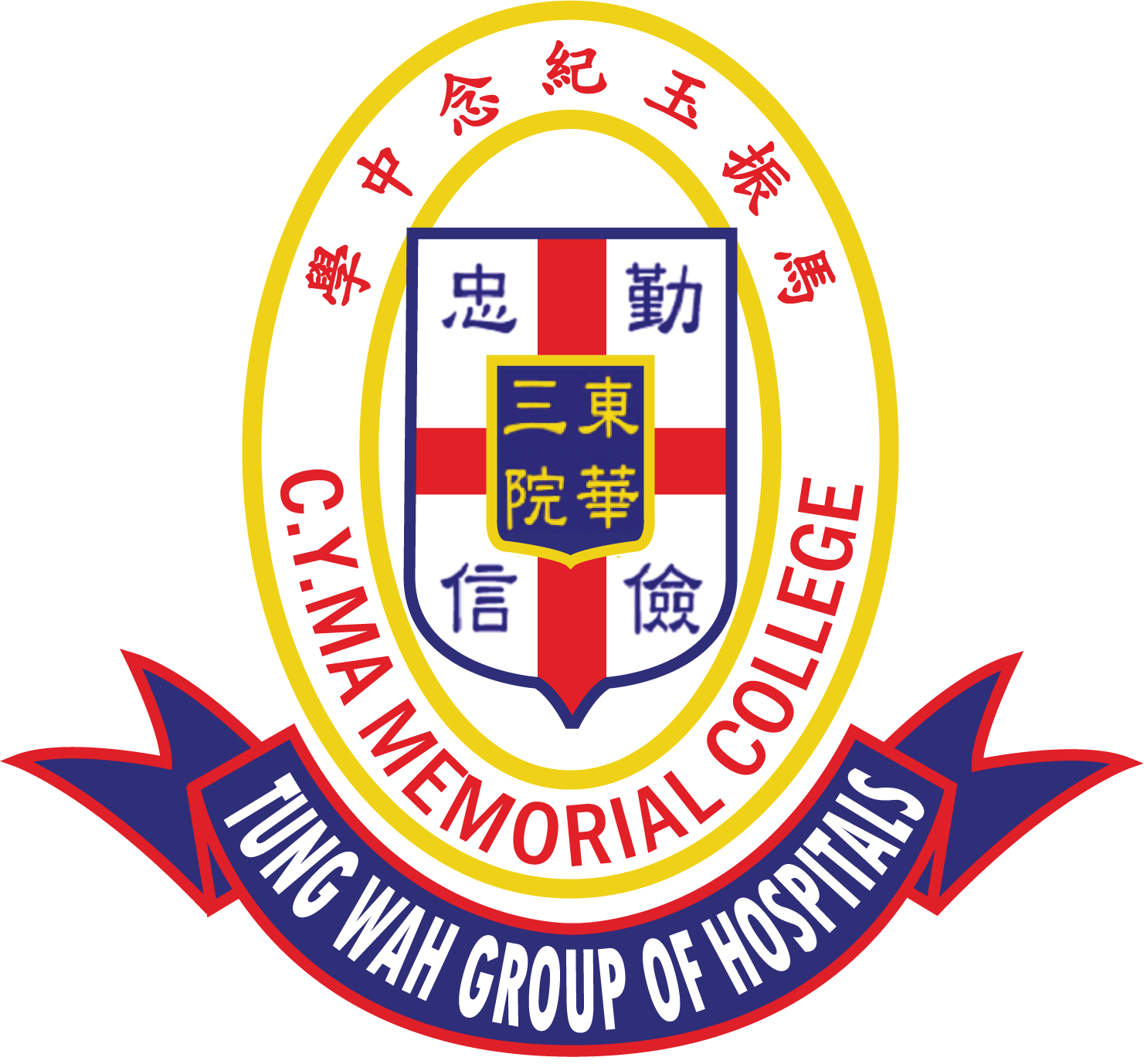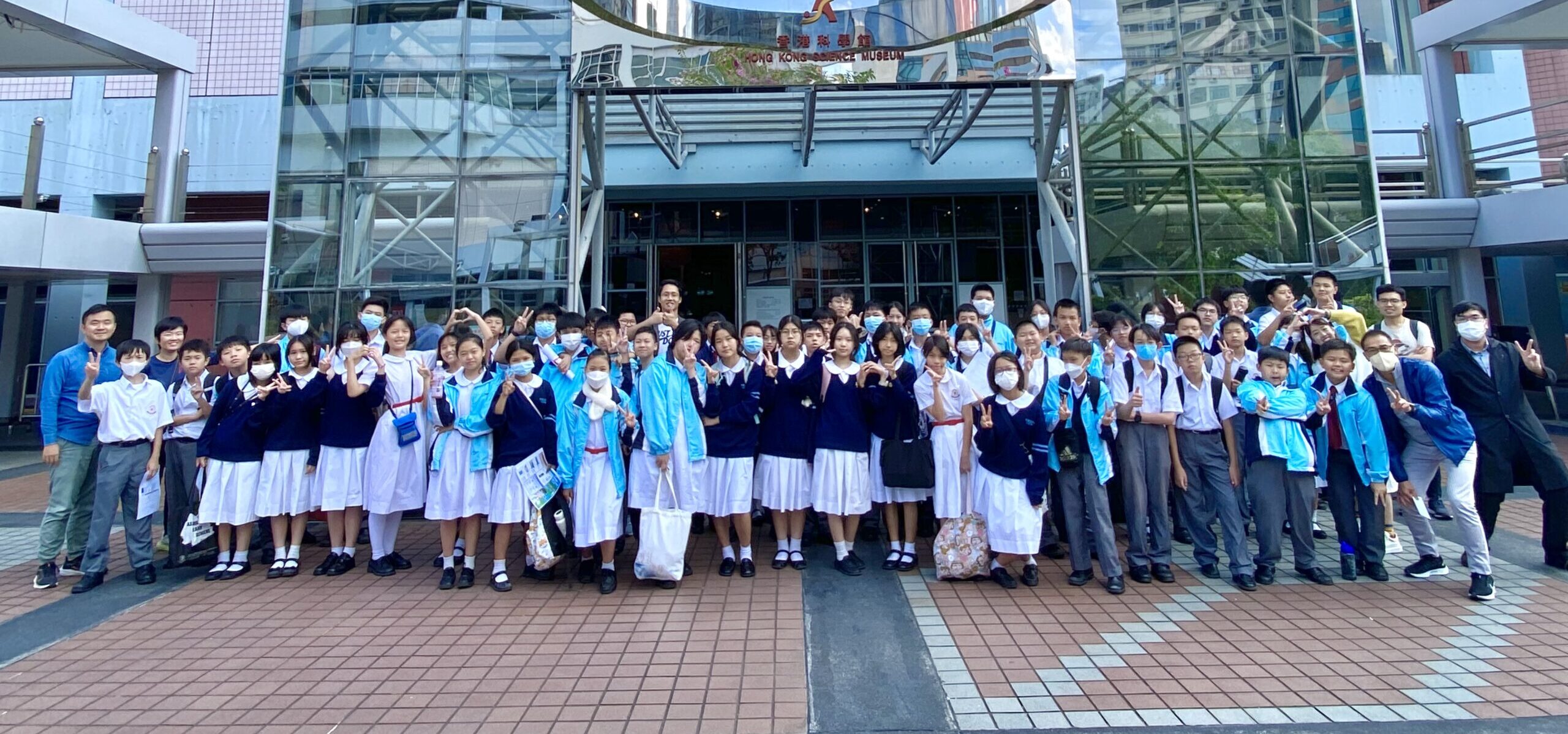Subject Features
Our school’s science curriculum emphasizes the integration of theory and practice, aiming to cultivate students’ strong interest in science and their spirit of inquiry. Our teaching design is student-centered, utilizing a variety of engaging experimental activities to make knowledge come alive, rather than being just dry theory.
In regular science classes, students participate in various exciting experimental operations. For example, they conduct experiments on simple circuits, perform acid-base neutralization reactions, and use microscopes to observe plant structures, experiencing the wonders of scientific changes and exploring the mysteries of life. Through these laboratory sessions, students not only deepen their understanding of scientific knowledge but also develop a rigorous experimental attitude and meticulous observational skills.
In addition, our science activities, competitions, and field trips are also key components of the curriculum. Through various scientific activities and competitions, students can apply their knowledge to solve real-world problems and unleash their boundless creativity. They can also visit science museums and laboratory facilities at higher education institutions, allowing them to experience the allure of science up close, fostering a deeper love for the subject.
Highlights of the year
STEAM Forensic Science, Leadership Training, and Career Plan USA Study Tour
During the summer, our students visited Los Angeles and San Jose in California for an exchange program. Before departing, students underwent multiple training sessions and prepared for local visit activities. To allow students to further experience university life and plan their careers early, this exchange program arranged for students to stay in university dormitories and take a one-day forensic course at the university, exposing them to cutting-edge forensic knowledge. Additionally, they visited large tech companies in Silicon Valley to learn about corporate culture and gain early insights into the workplace.
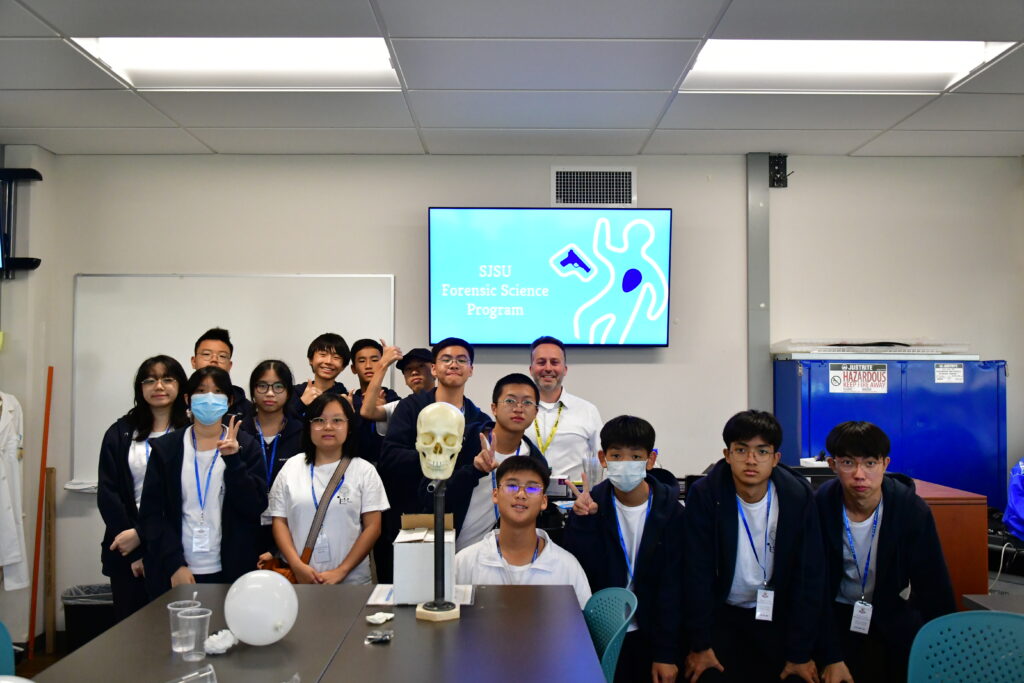
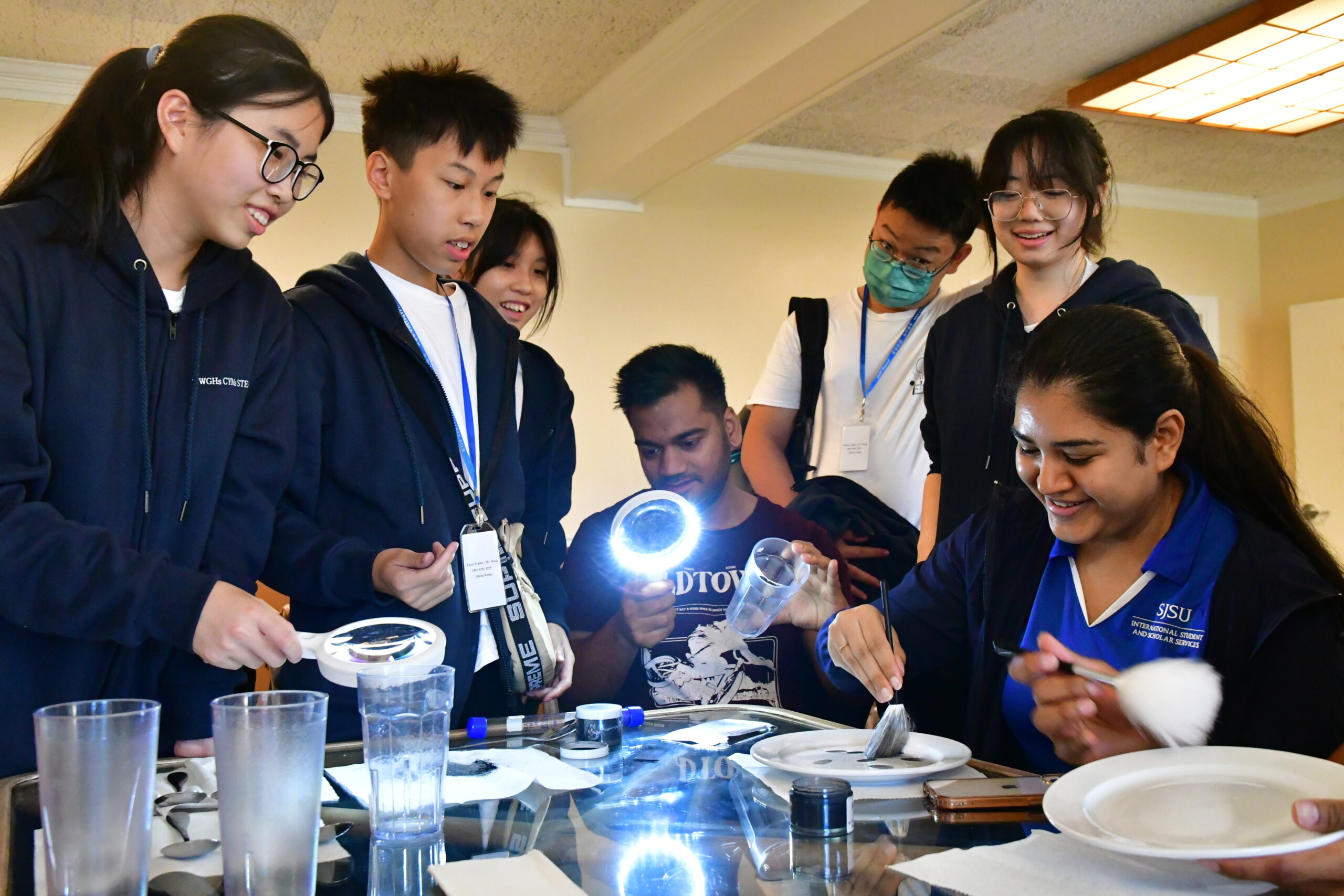
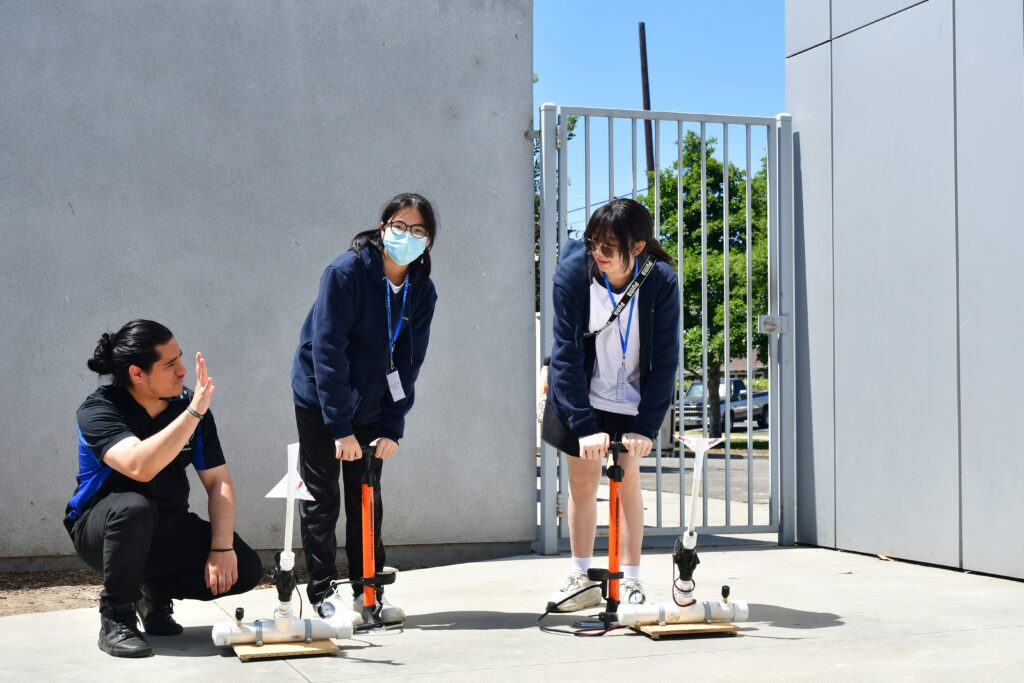
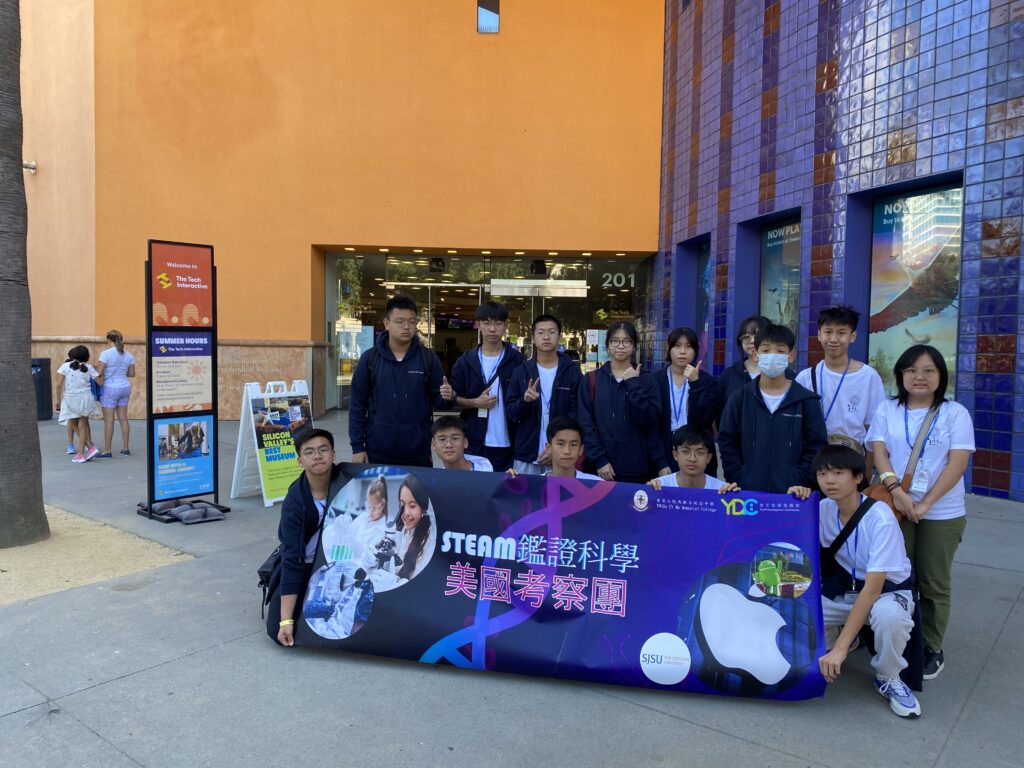
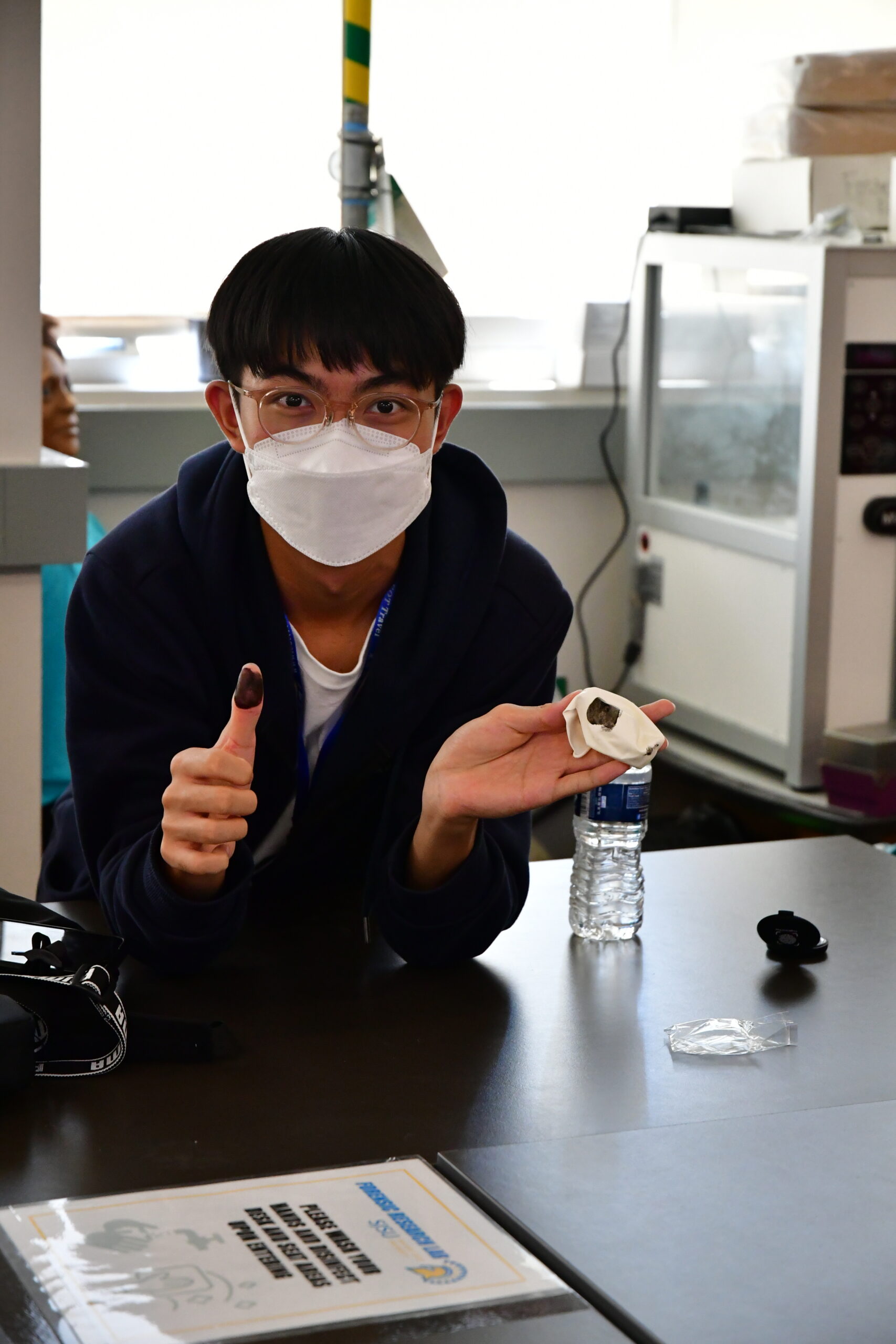
Horseshoe Crab Campus Caretaker Program
Students who serve as caretakers for horseshoe crabs are responsible for nurturing these creatures on campus, fostering their interest in biology. Their successful experiences even led to an invitation from Ocean Park to share their breeding experiences at City University of Hong Kong. When the horseshoe crabs grow to a suitable size, they are released back into the wild at Pak Sha Wan, returning them to nature to achieve conservation goals, while also helping students cherish life and care for the environment.


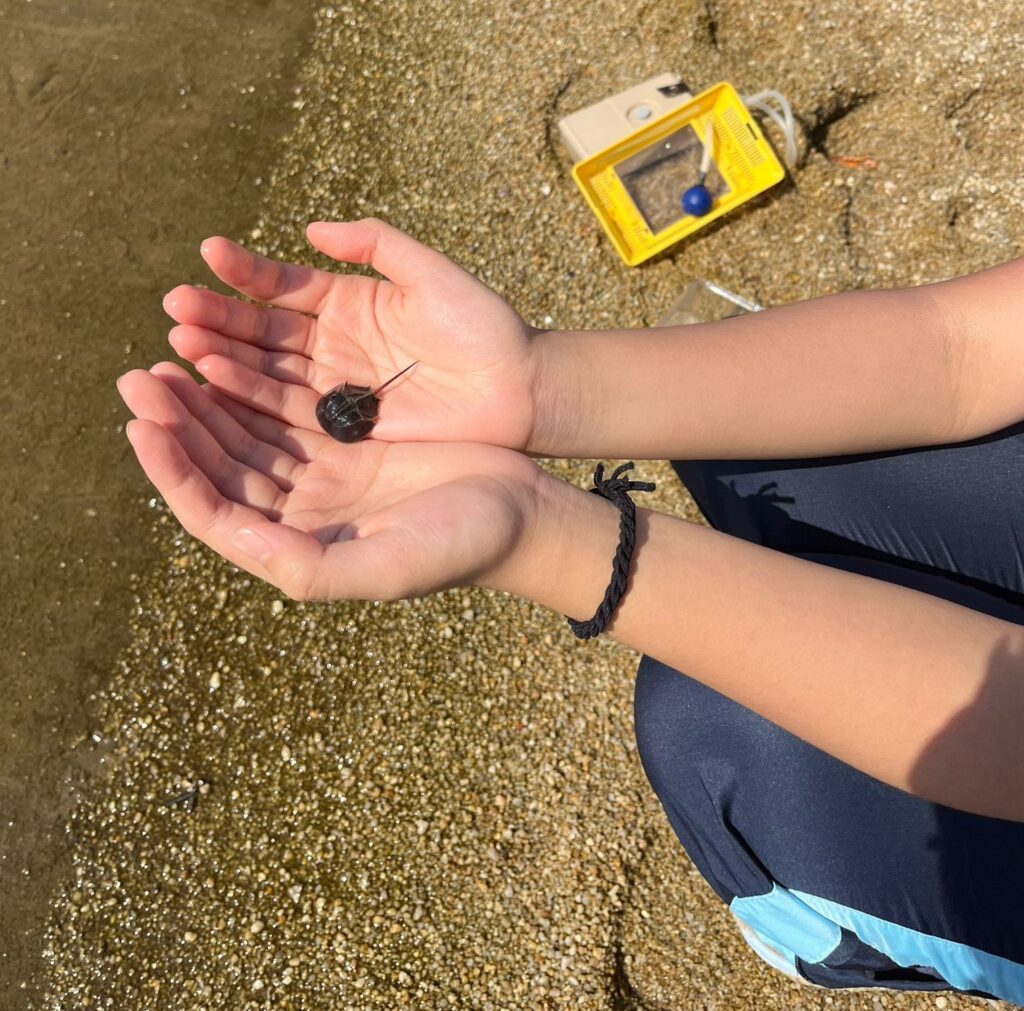
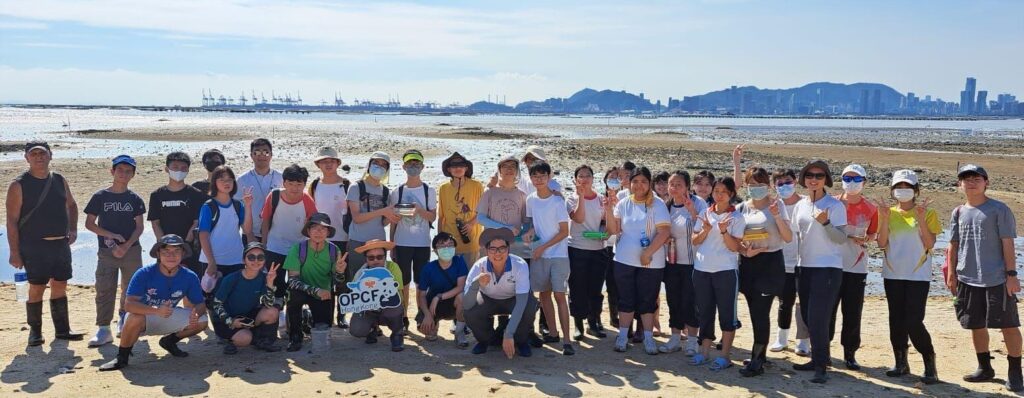
Aquaponics Harvest Festival
This year’s aquaponics ambassadors raised jewel fish and cultivated plants such as fish mint, mint, cabbage, and tomatoes on campus. After a year of hard work, the responsible students and their parents harvested fish mint and “processed jewel fish” by hand, allowing students to learn about the natural sciences in their lives through aquaculture activities, and conduct experiments in science classes with the materials they gathered, facilitating learning through practical experiences.
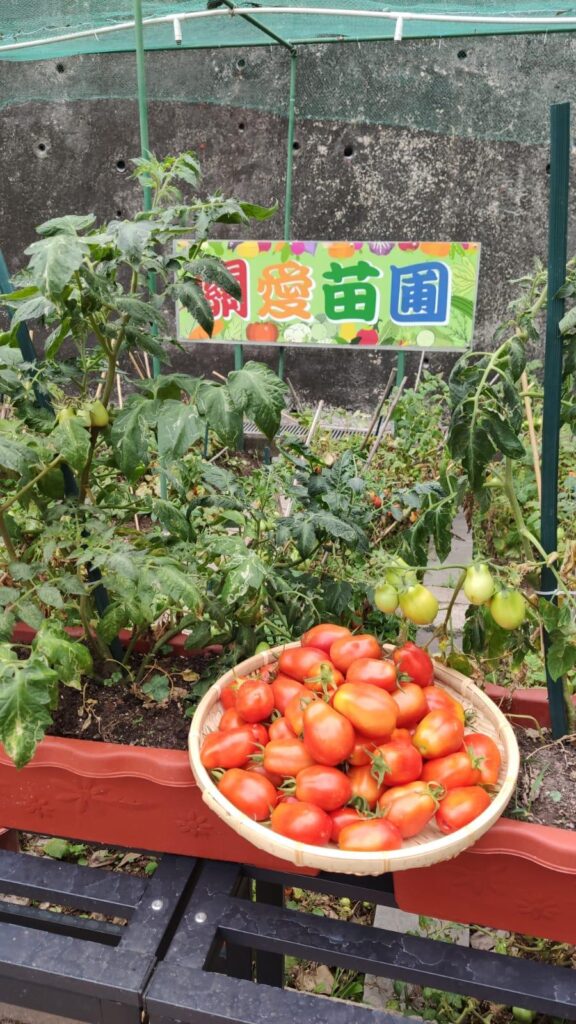
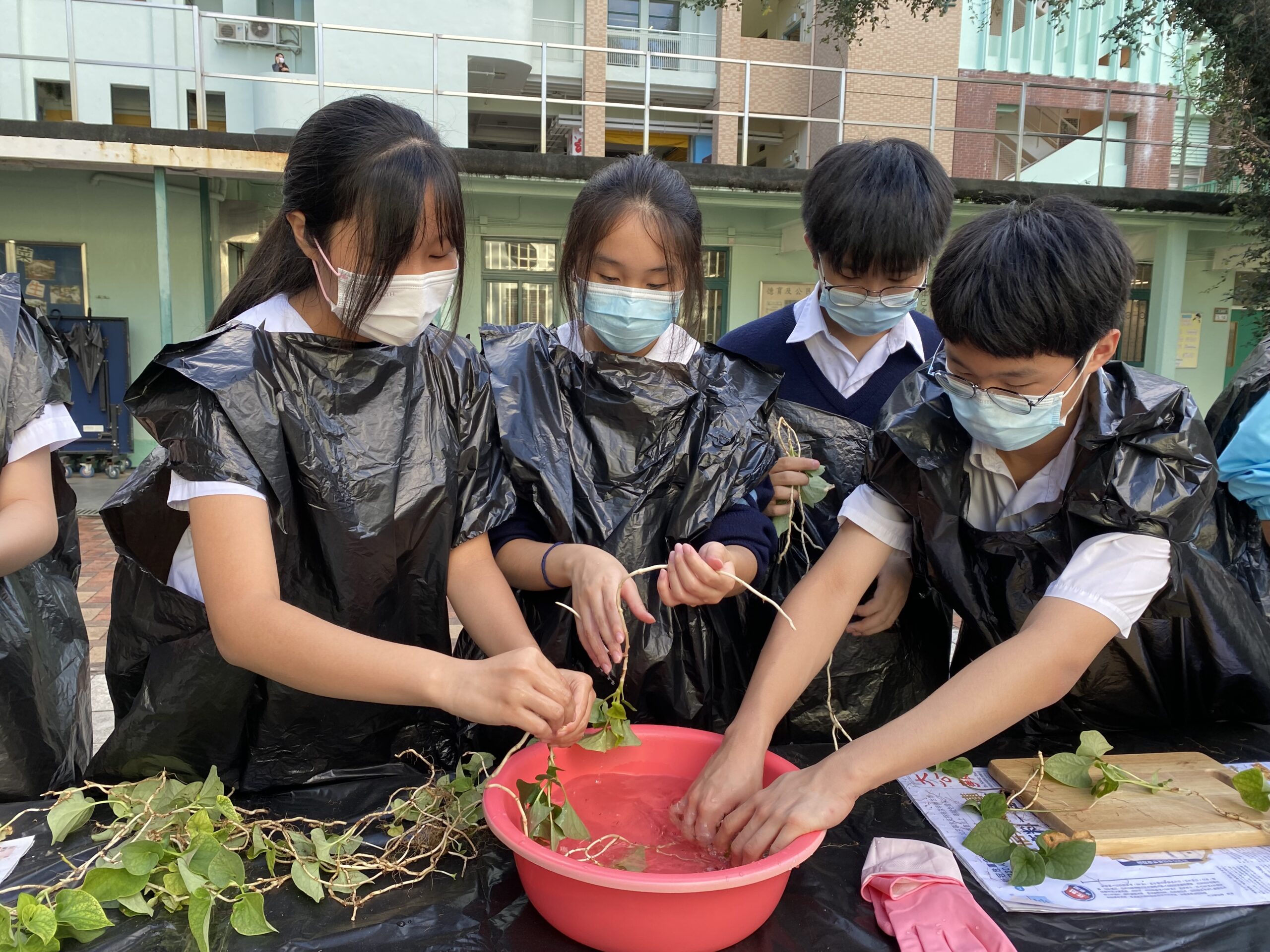
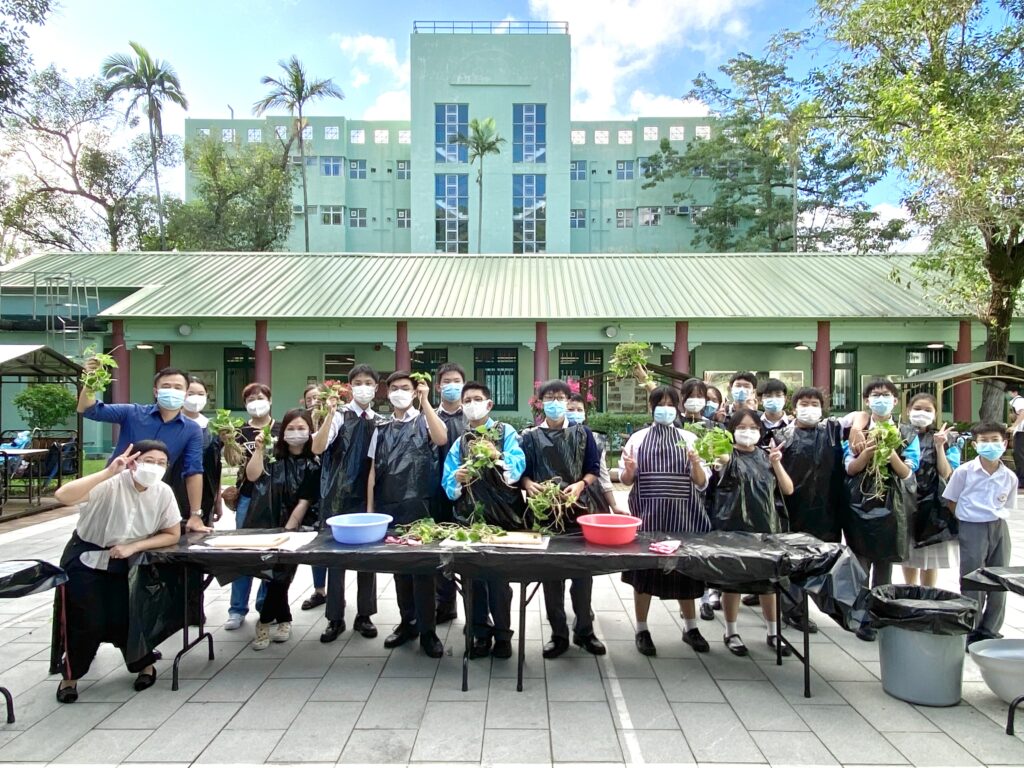
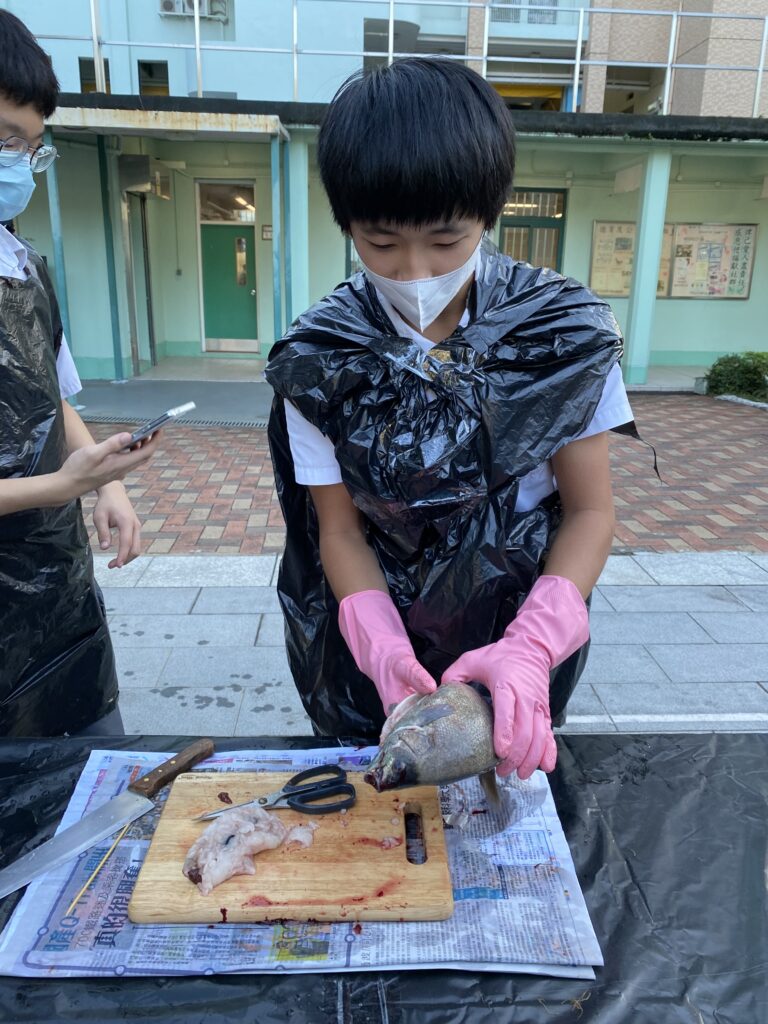
InnoCarnival
Our school’s Forensic Helper represented the school at the Innovation and Technology Exhibition, introducing forensic science to students across Hong Kong and conducting fingerprint identification experiments.
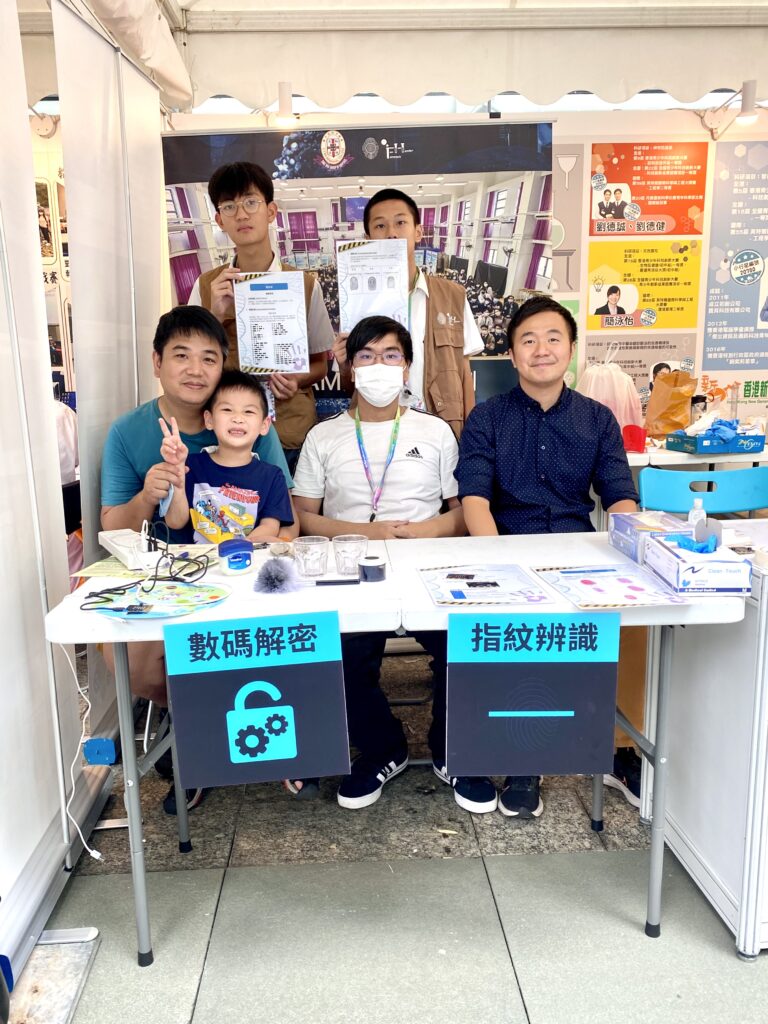
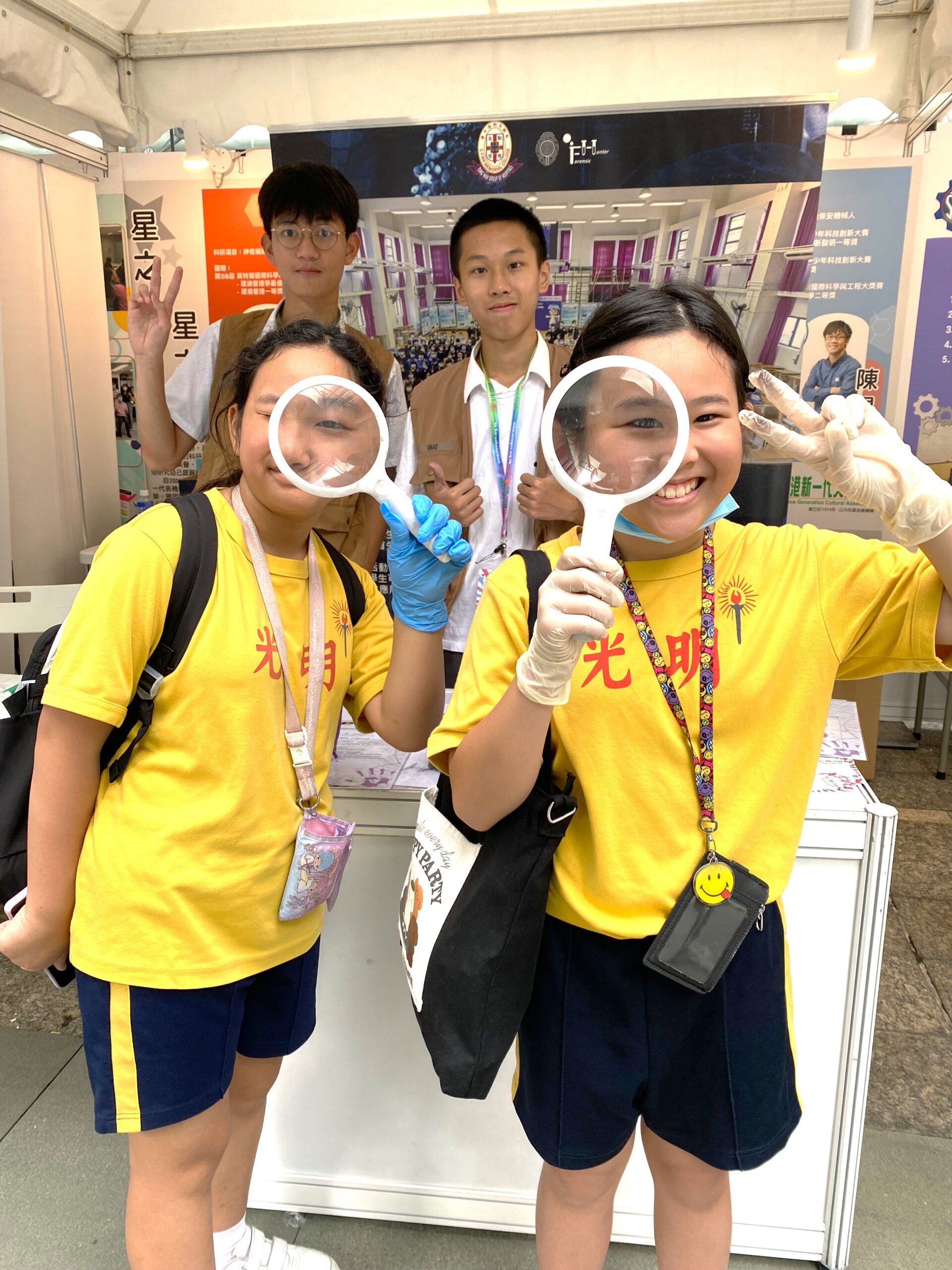
Science Museum Visit
All first-year students visited the Science Museum for learning purposes, engaging with interactive exhibits to study topics such as the water cycle and DNA, enabling diverse learning experiences and the application of textbook knowledge.
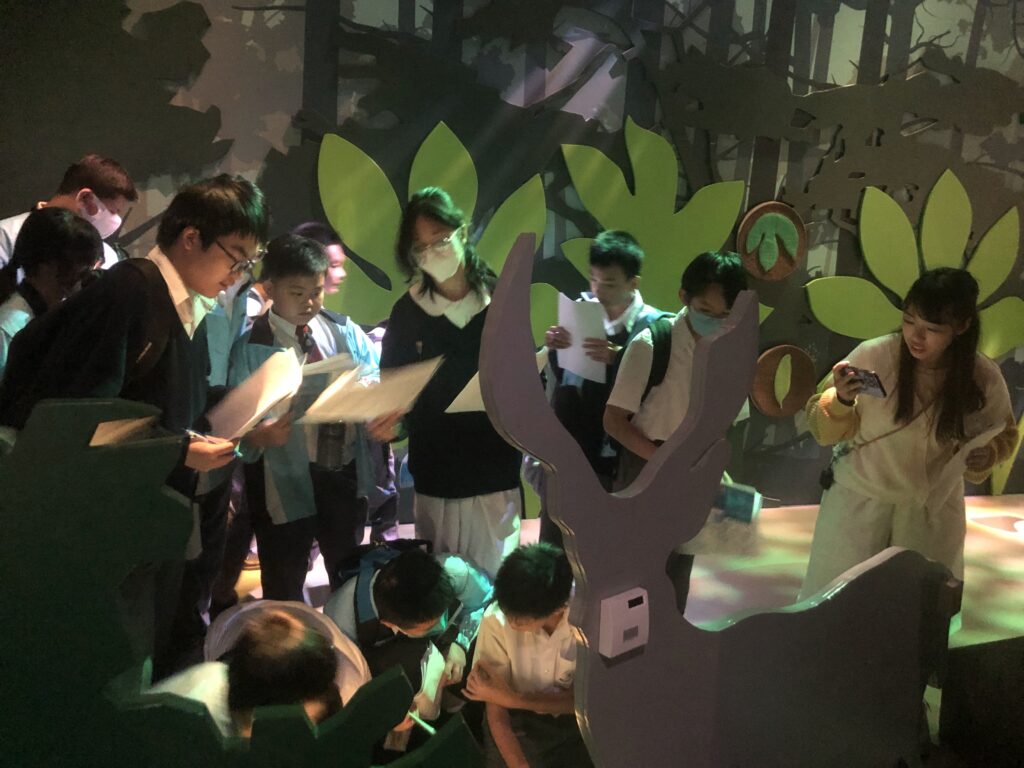
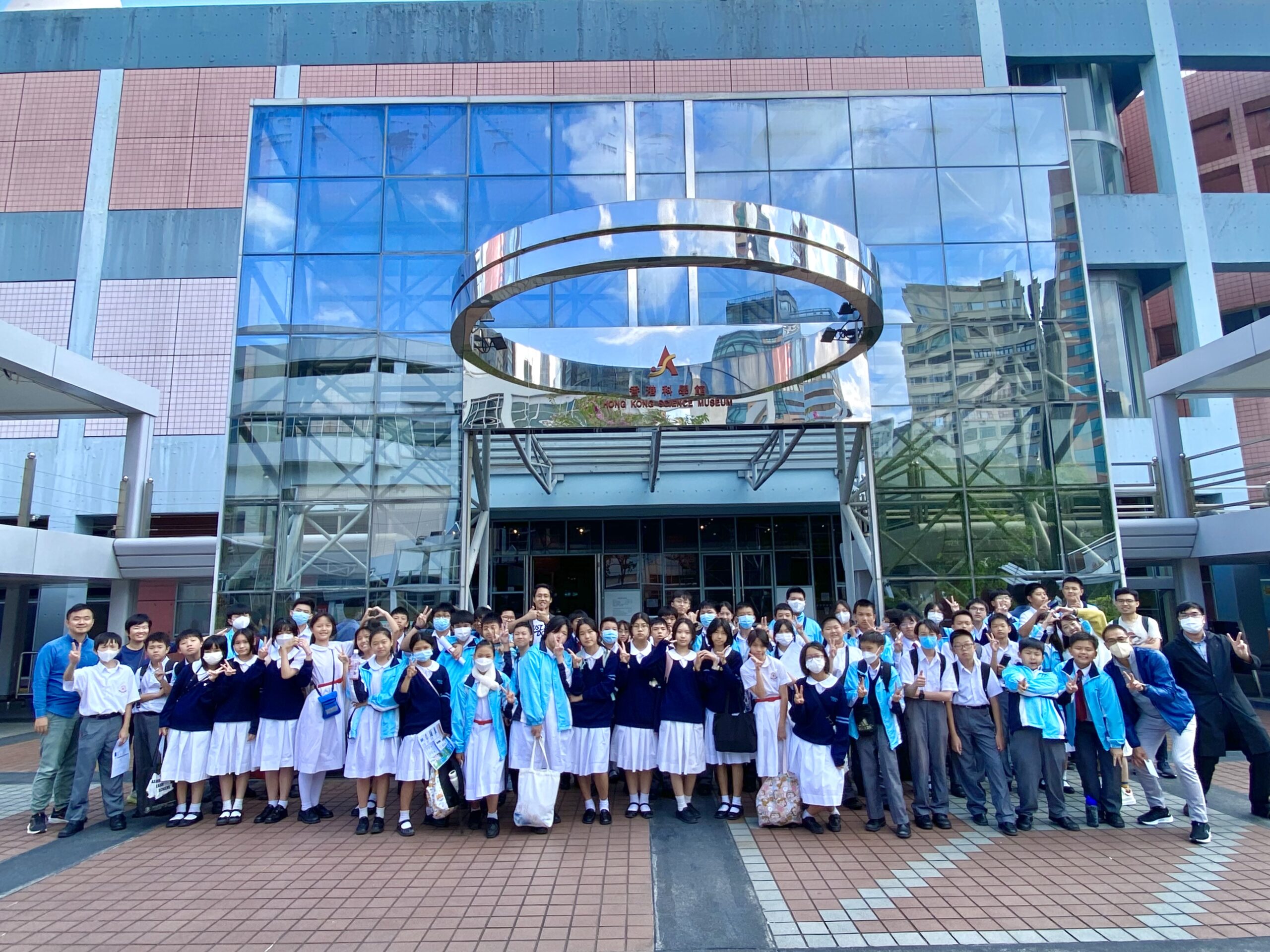
DNA Experiment
In recent years, our school has strongly developed forensic science activities and introduced DNA gel electrophoresis experiments into the first-year science curriculum, allowing students to better understand the mysteries of DNA.
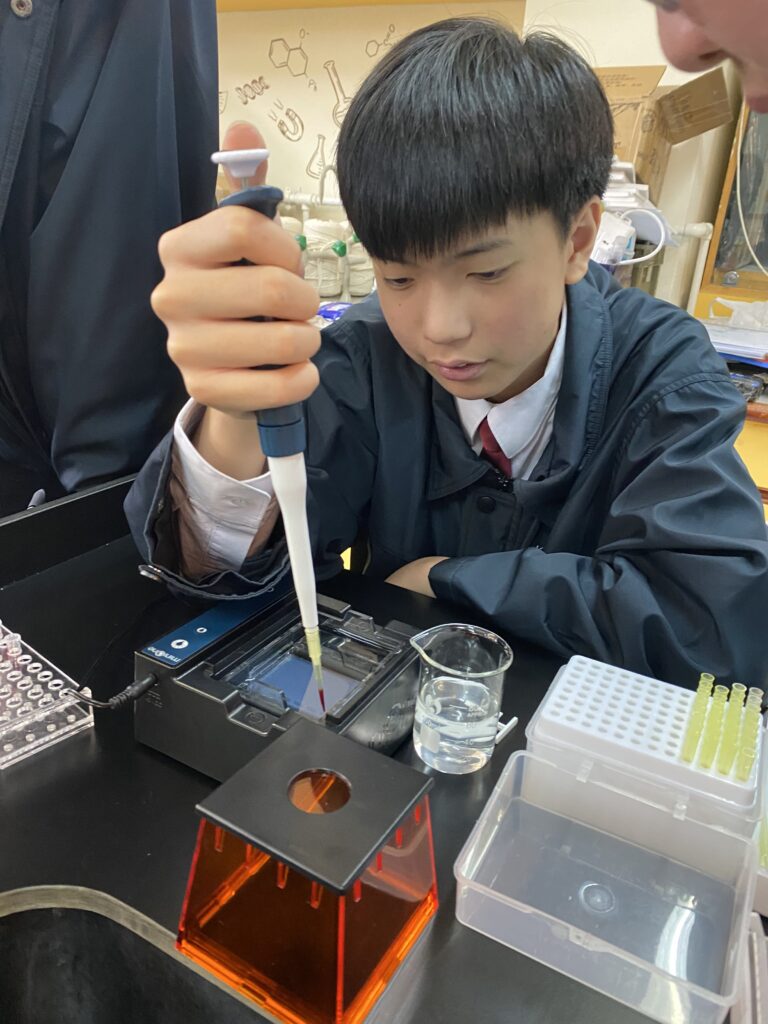
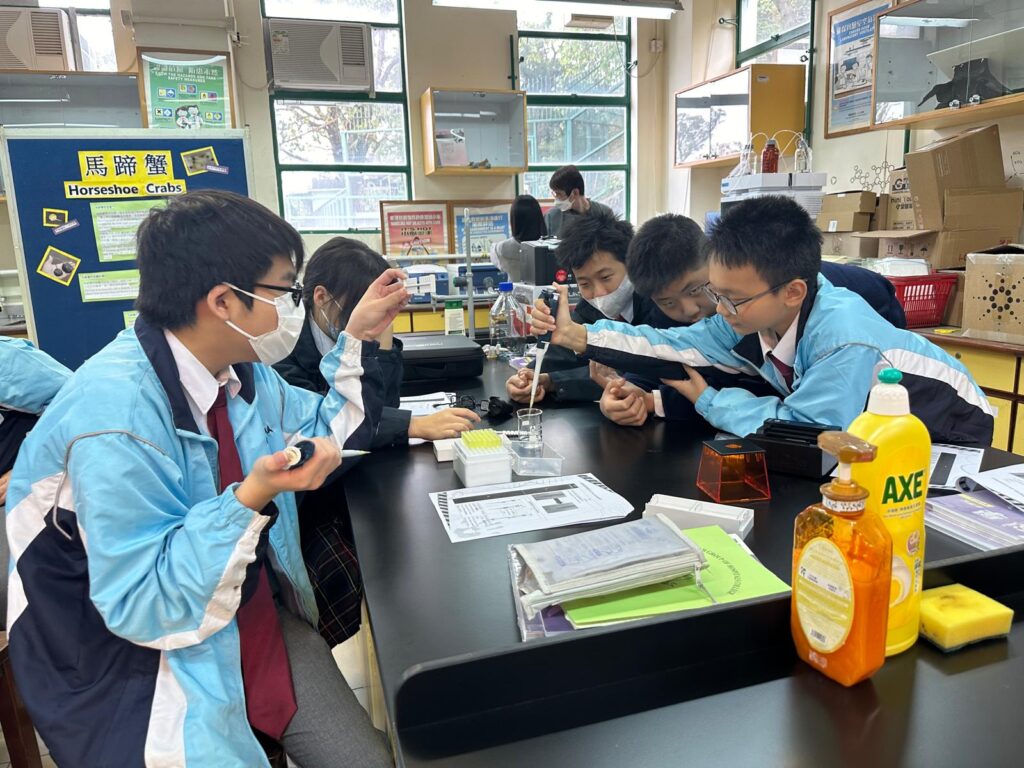
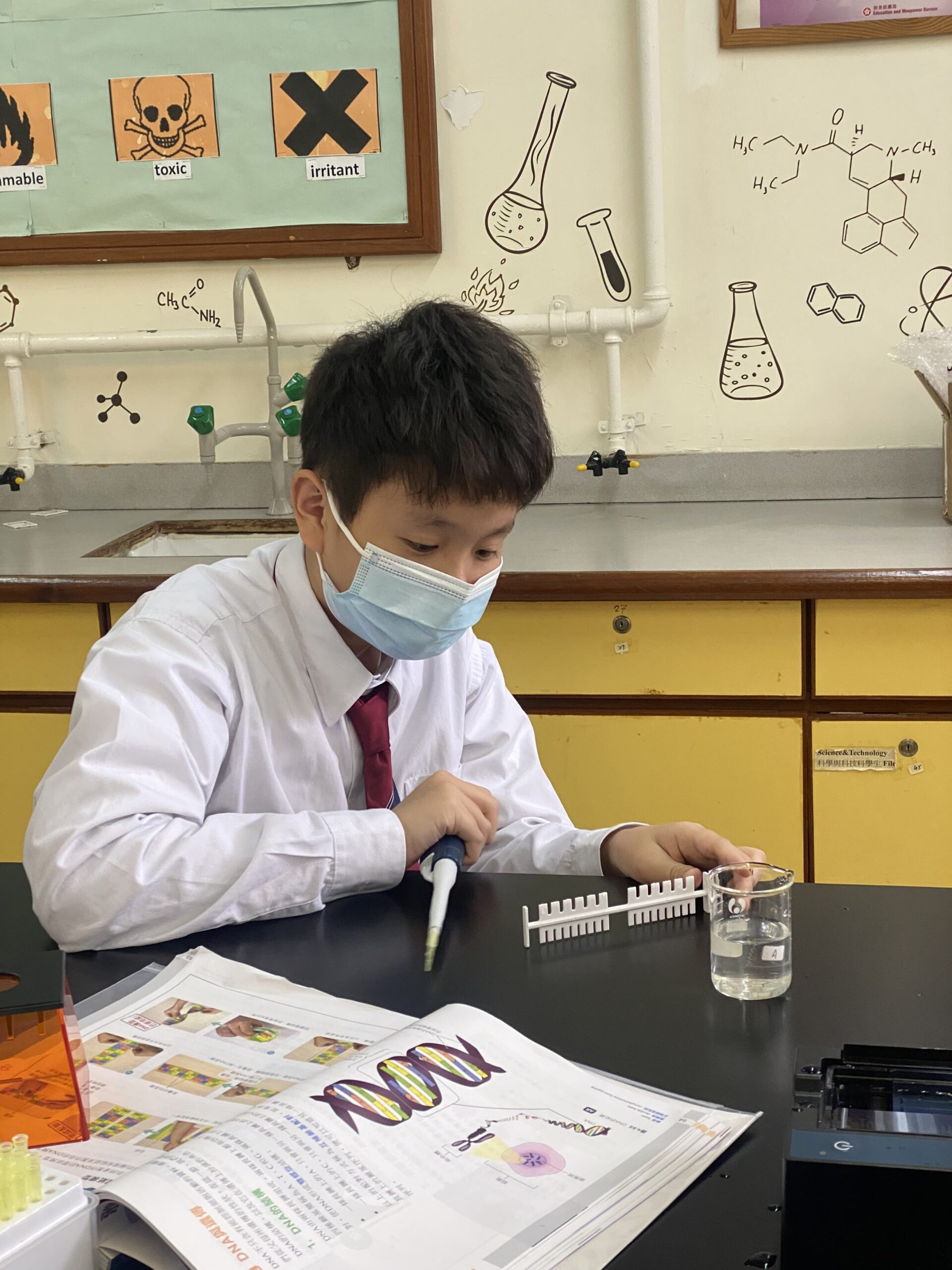
Silver Award in the “Good Air Challenge” Software System Group
Our students developed a game software program to raise public awareness of air quality and environmental health risks. The game’s backdrop is a future Hong Kong plagued by air pollution problems. Players navigate a series of challenges by controlling game characters.
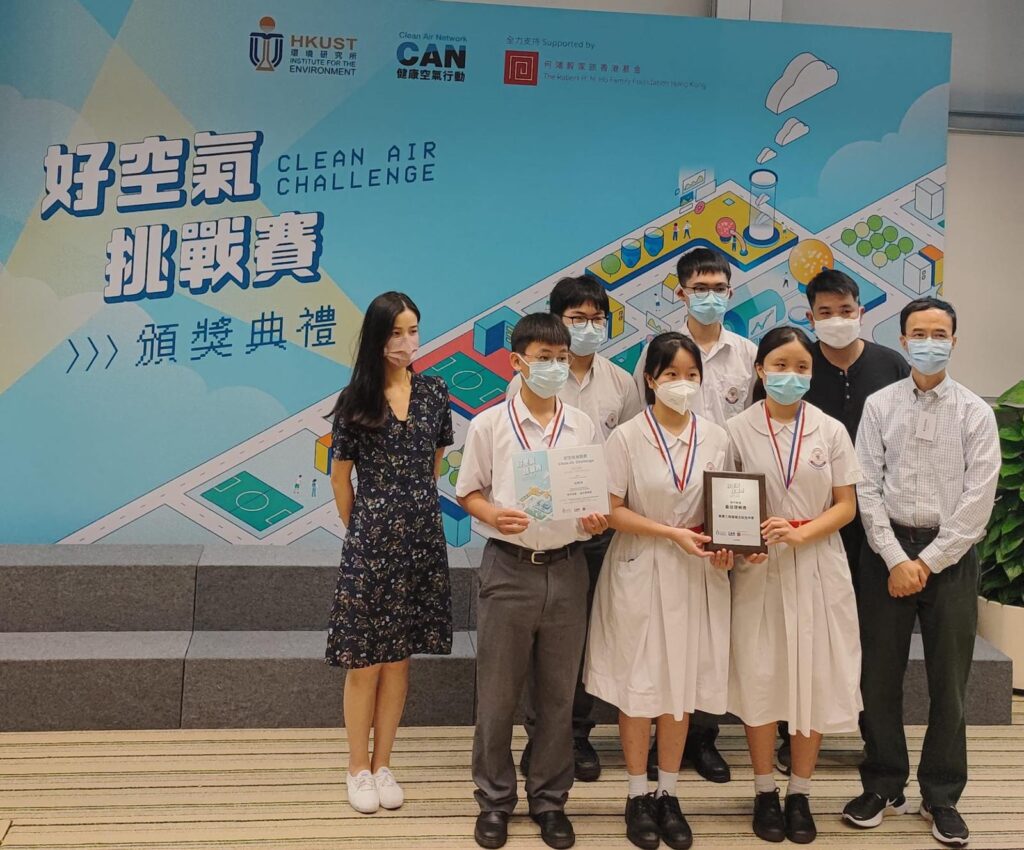

Aims
- develop curiosity and interest in science;
- develop the ability to inquire and solve problems;
- acquire basic scientific knowledge and concepts for living in andcontributing to a scientific and technological world;
- recognize the usefulness and limitations of science and the
- interconnections between science, technology and society and to
- develop an attitude of responsible citizenship, including respect for the
- environment and commitment to the wise use of resources;
- become familiar with the language of science and be equipped with the skills to communicate ideas in science-related contexts;
- appreciate and understand the evolutionary nature of scientific knowledge;
- attain personal growth through studying science; and
- be prepared for further studies or enter careers in scientific and technological fields.
Objectives
- acquire basic scientific knowledge and concepts for living in and
- contributing to a scientific and technological world;
- have developed an ability to define problems, design experiments to
- find solutions, carry out practical work and interpret the results;
- apply their understanding of science to technological applications, social issues, and their daily experiences;
- recognize the usefulness and limitations of science and the evolutionary nature of scientific knowledge;
- relate their understanding of science to their personal health and cultivate an awareness of safety issues in everyday life and take proper action to control risks; and
- consider the effects of human activities on the environment and act sensibly in conserving the environment.
Teachers
Panel Head: Mr. LAM Ka-jin
Member: Mr. Cheng Tin-nok Matthew, Ms. LI Wai-yee, Ms. Tse Yi-tsun
